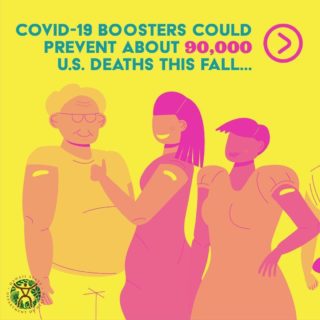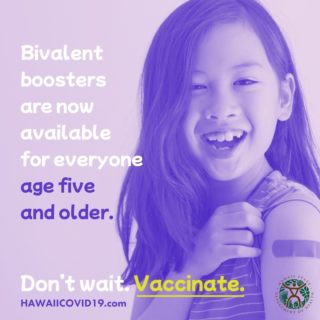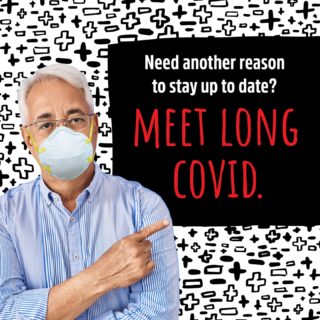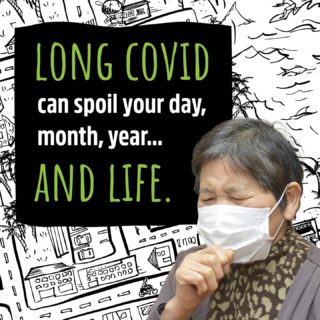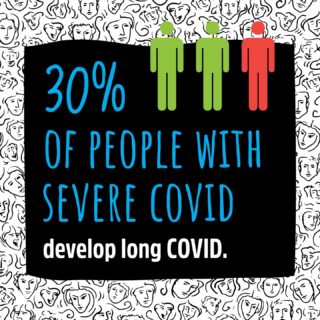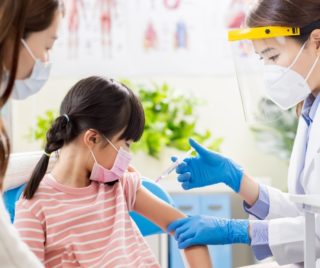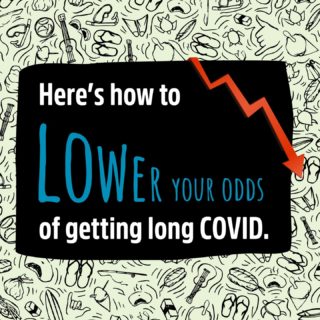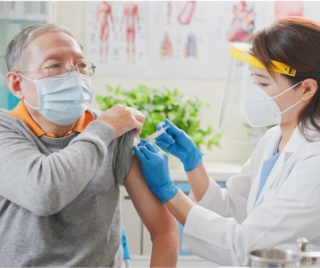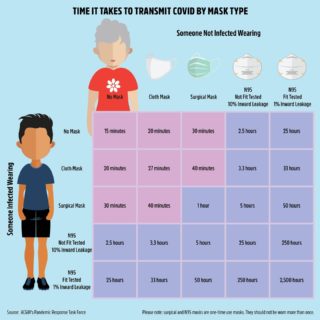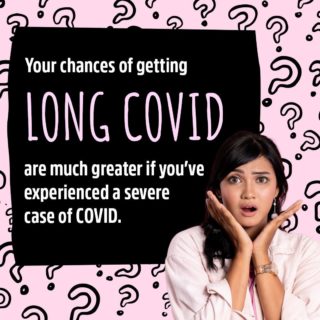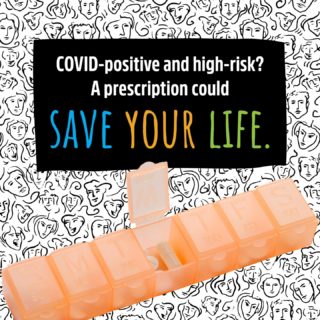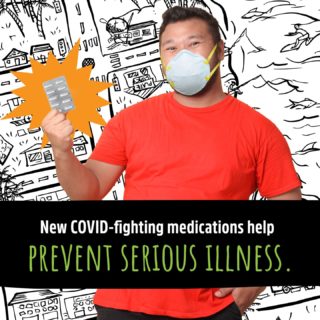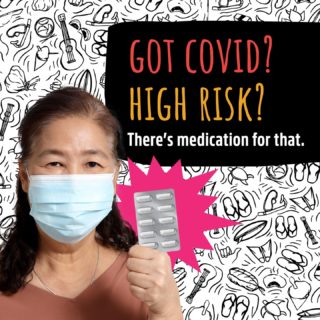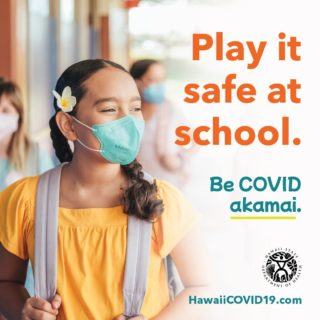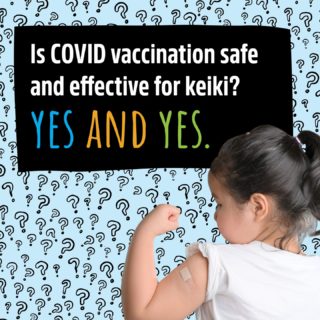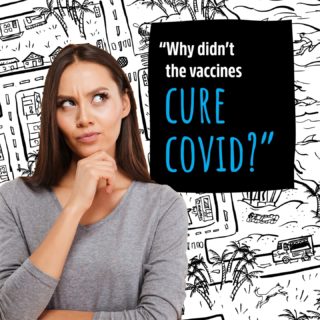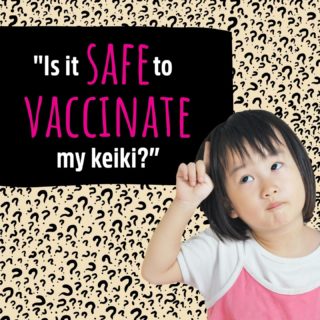
VACCINE WORRIES
- How do doctors know the vaccines are safe?
- I’m young and healthy. Why are people telling me I need to be vaccinated?
- How many people have gotten sick or died from the vaccines?
- Is it true the vaccines are experimental and have not been tested?
- What’s the difference between FDA approval and Emergency Use Authorization?
- How did the vaccines get authorized for emergency use?
- Are the vaccines FDA approved now?
- Can I get COVID-19 from the vaccines?
- What are the short-term side effects of the vaccines?
- What are the long-term side effects of the vaccines?
- What if I have an underlying health issue?
- What is the status of the Johnson & Johnson vaccine?
- Could I have an allergic reaction to a COVID-19 vaccine?
- Can the vaccines affect your sex life?
- Can the COVID-19 vaccines affect my DNA?
- Will the vaccines damage my heart?
- Do the COVID-19 vaccines inject chemicals that can cause long-term damage?
- Do the COVID-19 vaccines inject microchips?
- What about reports of people getting thrombosis after getting vaccinated?
- How safe is the Johnson & Johnson vaccine?
- Is there an issue with blood clots and the vaccines?
- What about Guillain-Barré Syndrome?
Myth
The side effects of the COVID-19 vaccine are dangerous.
Fact
COVID vaccines can have side effects, but the vast majority are very short term, and not serious or dangerous. The Vaccine Adverse Event Reporting System (VAERS) collects required reports from healthcare professionals and the public on negative outcomes after a vaccination, whether caused by the vaccination or not.
From these reports and the numerous studies around the world, it’s clear that some people experience pain where they were injected, body aches, headaches, or fever, lasting for a day or two. These are signs that the vaccine is working to stimulate your immune system.
If symptoms persist beyond two days, you should call your doctor. If you have a pre-existing condition, or if you have severe allergies — especially ones that require you to carry an EpiPen — discuss the COVID vaccine with your doctor, who can assess your risk and provide more information about if and how you can get vaccinated safely.
Johns Hopkins Medicine: https://hopkinsmedicine.org/health/
conditions-and-diseases/coronavirus/covid-19-vaccines-myth-versus-fact






